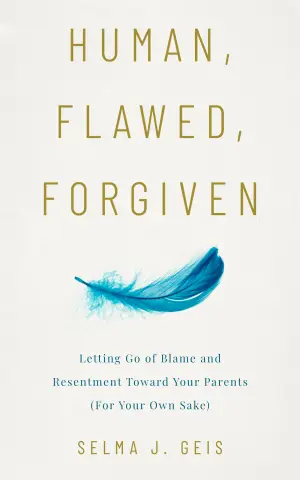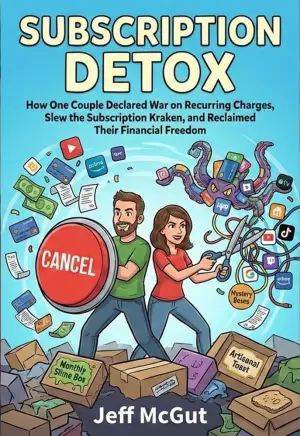I recently finished reading "The Giver" by Lois Lowry, a classic that I’ve been meaning to dive into for ages. The concept of a seemingly perfect society with hidden dark secrets intrigued me, drawing me in like a moth to a flame. As a lover of dystopian narratives, I was excited to explore how Lowry would weave themes of conformity, individuality, and the importance of emotions into a compelling story.
Set in a world that seems idyllic, "The Giver" introduces us to twelve-year-old Jonas. Life in his community is predictable; choices about family, jobs, and even emotions are taken from individuals to maintain a sense of sameness. The book’s premise kept my interest piqued: what lies beneath this perfect veneer? The moment Jonas receives his life assignment as the Receiver of Memory, everything changes. It is through his training with the Giver that Jonas begins to understand the depth of human experience, both beautiful and tragic.
One of the strongest elements of this story is how it challenges readers to reflect on the values we often take for granted, such as freedom, choice, and emotional depth. The transition Jonas undergoes—realizing that love and pain are inseparable—stayed with me long after I turned the last page. In a community where passion is suppressed to avoid chaos, Jonas’s awakening to the spectrum of human emotions are particularly profound. This beautifully aligns with a point raised by a reviewer who noted that the book reveals ideas with nuance and depth.
While I thoroughly enjoyed the journey through Lowry’s world, there were a couple of drawbacks I couldn’t overlook. Some readers, including a few reviewers, have mentioned feeling slightly unsatisfied with the book’s conclusion, perceiving it as abrupt. I can understand this sentiment; the ending left me pondering about the fate of Jonas and Gabriel. Although it sparked discussions for me, it might not sit well with everyone. Another aspect is the pacing; while much of the story is compelling, there were moments that felt drawn out. This is something highlighted by a reviewer who found parts of it "not so interesting."
Nevertheless, Lowry’s elegant prose and evocative world-building kept me engrossed. The idea of "Sameness" not only serves as a backdrop but also as a metaphor for the discussions we have around our modern-day society. As one insightful reviewer pointed out, "The Giver" serves as a powerful reminder to question the narratives we encounter in our lives, whether through media or personal experiences.
Overall, "The Giver" met my expectations and then some. The exploration of what it means to be human and the price we pay for utopia is as relevant today as when it was first published. It encourages readers to reflect on their own values and the essence of what it means to live fully—embracing both the highs and lows. This powerful message resonates deeply, making it a must-read, especially for young adults and those who appreciate dystopian fiction.
In conclusion, I highly recommend this book. "The Giver" has carved a special place in my heart and my bookshelf. It’s a narrative that provokes questions, sparks meaningful conversations, and leaves an indelible mark on its readers. Whether you’re a seasoned reader or diving into this genre for the first time, you won’t want to miss this extraordinary journey.
Discover the captivating world of The Giver, a Newbery Award-winning journey that explores the complexities of memory and emotion.
>>








